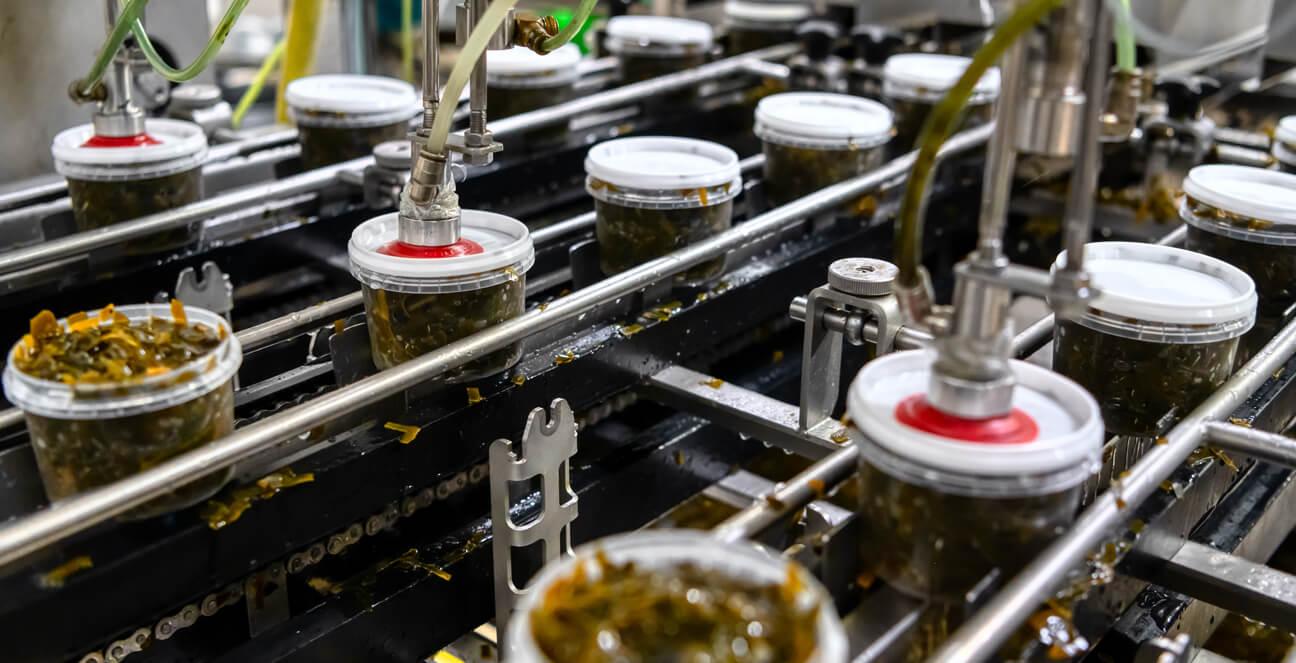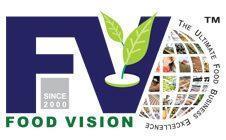PRODUCT & PROCESS VALIDATION AND
SYSTEM TROUBLESHOOT
Food manufacturers are obligated to developing and implementing a reliable food safety program to control food safety hazards. To ensure processes are not just consistent but also comply with customer requirements, food safety requirements and applicable regulatory requirements; food processes require to verify and validate their processes.
Verification ensures process are in place as designed and the Validation ensures process are not just there, they are doing their job and are effective.

In some cases, when it matters, these validation strategies must be scientifically valid. The processes may involve compliance to regulatory requirements, i.e., Pasteurization, kill steps, cooking and cooling, pH, water activity, commercial sterility, and others.
To see process capability and ensure compliance to stated limits, and achieve certain goals, these studies refer to process validation. Validation entails establishing and supporting the scientific proof that food safety hazards are being effectively and successfully controlled through preventive actions.
The evidence of confirmation may come from diversified sources (Technical and Scientific literature, internal and external reliable historical data, in-house challenge studies, Statistical and mathematical modeling and legal and regulatory frameworks and data bases).
Both Safe Food for Canadian Act in Canada and Food Safety Modernization Act in the USA promote the value of preventive controls. Verification and Validation are required by before regulatory framework but at times, its confusing or too much for food manufactures to comprehend or challenging to provide right internal resources to meet these regulatory requirements.
Food Vision’s Technical Resource can make these terms and their application easy for food manufacturers. We have subject experts and process authority to sign-off projects.


The process validation may have many avenues
- CCP Validation
- Critical Limits Validation
- Sanitation validation
- Allergen Validation
- Environmental Monitoring
- Process Validation
- Lab/ Analytical Validation
- Challenge Studies
- Shelf-Life Validation
- Shelf-Life Studies
- Shelf-Life Enhancement Studies
- Accelerated Shelf Life
- Additive’s behaviour Response
- Packaging Behavior Studies
- Food Packaging – shelf life a market impact analysis
- Consumer Response Studies
- Revalidation Studies
- Recall Response – Revalidation
- Process Optimization studies
- Pre-requisite Program validation
- PCPs Validation
- FSMA – Preventive Controls Validation
- Food Packaging Migration Studies
Food regulations in Canada, USA and EU requires low acid canned food products be reviewed by a Process Authority before process are validated and approval is granted. As per the regulations, validation process must be established by a qualified person who has expert knowledge acquired through appropriate training and experience in the “thermal processing requirements for low-acid foods in hermetically sealed containers.
In practice, a processing authority is an individual who has training and expert knowledge of thermal processing requirements for low-acid foods packaged in hermetically sealed containers and/ or has learning and expert knowledge in the acidification and actual processing of acidified foods.

Acidification and low acid foods validation is not the only processes where process authority and validation experts may have a role. Expert opinion may be required in any regulatory compliant thermal process that ensures adequate kill step (baking, frying, roasting, cooking, smoking and others) Based on the nature of operation and manual to automated process, the challenges may be bigger and overall validation may be complex.
There are so many variables in a process validation task. Process validation requires to evaluate the worse scenario to optimize equipment and process parameters. Its thermal process validation the cold spots may be a question, heat exposure time, temperature variation and drift over time and the run time could be an issue. The process authority account for all these challenges and finally come up with the right strategy for high-risk food operation.

Besides regulatory bodies requirements, all GFSI standards and schemes (SQF, BRC, IFS, FSSC 22000,and others) require verification and validation of critical limits, CCPs and pre-requisites. Based on the feedback from our consulting and auditing group, establishing verification and validation for these GFSI benchmarked schemes requirements may be confusing and tricky and be a daunting task for some food companies.
Especially, pre-requisite programs validation when there is no scientific data available. You must develop your methodology based on common sense and logic to show effectives of your program, and at times it becomes a nightmare for practitioners and companies. We know how to do, and our consultation may crease ease for your operation.
Food Vision experts can review your existing program, write, or modify program as needed, train your internal validation team, share implementation strategies, help in designing and implementation strategies, work with the labs to coordinate, and last but not the least can communicate with your customers and interact with regulatory authorities on your behalf to make your process and project a success.


Process and Product Investigation, Trouble-shoot,
Process Optimization and Validation
Beyond structured validation for regulatory compliance, Food Vision has the expertise to offer technical support for ongoing process challenges, failures, and modifications and upgrades. There could be many reasons for these changes and optimization needs like.
- CCP Validation
- Change of Process
- Changes in Regulation
- Changes in Technology
- Changes in Inputs
- Changes in Customer Requirements
- Advancement in Science and engineering
- Technological advancement – Manual to Automation
- Others
In this perspective, our area of service includes but not limited to process trouble shoot, re-validation of processes, revalidation of CCPs, Critical Limits and Preventive Controls, shelf-life enhancement troubleshoot, product behavior control, accelerated shelf life, food packaging migration studies and others. We have experts to manage product and process behavior for your operations.
To learn more about how our team’s skill and competency
can help your cause, click here



